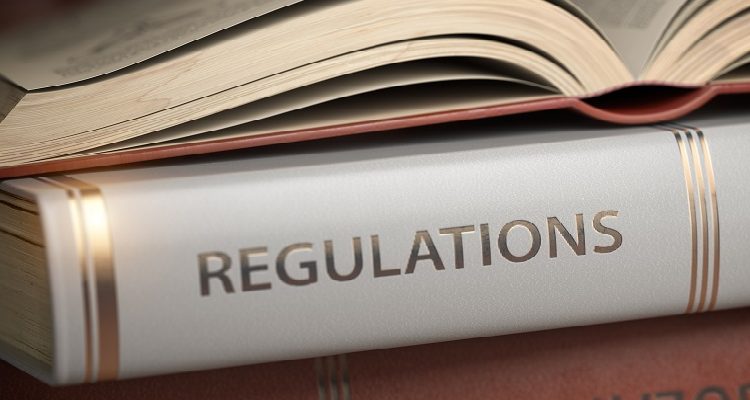MoHFW announces revised Schedule M under the Drugs (Amendment) Rules, 2023
Small and medium manufacturers with an annual turnover of less than Rs 250 crore have 12 months to comply with the guidelines, while large manufacturers with a turnover more than Rs 250 crore have a deadline of six-months
The Ministry of Health and Family Welfare (MoHFW) announced revised rules under Schedule M of the Drugs and Cosmetics Rules, 1945, through a notification published in the Gazette of India. The Central government, along with the Drugs Technical Advisory Board (DTAB), notified the amended rules under the Drugs (Amendment) Rules, 2023.
The revised Schedule M includes the introduction of a pharma quality system (PQS), quality risk management (QRM), product quality review (PQR), and specific guidelines for the qualification and validation of equipment. It also mandates a computerised storage system for all drug products.
The revised Schedule M, comprising 13 parts with GMP guidelines, introduces five new categories of drugs not covered by previous rules. These include pharma products containing hazardous substances such as sex hormones, steroids, cytotoxic substances, biological products, radiopharmaceuticals, phytopharmaceuticals, and investigational pharma products for clinical trials.
Small and medium manufacturers with an annual turnover of less than Rs 250 crore have 12 months to comply with the guidelines, while large manufacturers with a turnover more than Rs 250 crore have a deadline of six-months.
The updated guidelines also require pharma companies to inform the licensing authority about drug recalls and report product defects, deterioration, or faulty production—an addition not present in the previous regulations.
The notification emphasises the manufacturer’s responsibility for product quality, fitness for intended use, and compliance with license requirements. The guidelines also stress the need for stability testing of drug substances in line with recommended climate conditions to bring MSMEs in line with global standards, particularly those of the World Health Organization (WHO). The finished product will be released only if these tests produce satisfactory results.
The new guidelines also underscore the importance of a pharmacovigilance system for collecting, processing, and forwarding reports on adverse drug reactions.
The revised Schedule M is the first amendment to the Drugs and Cosmetics Rules since June 2005.


